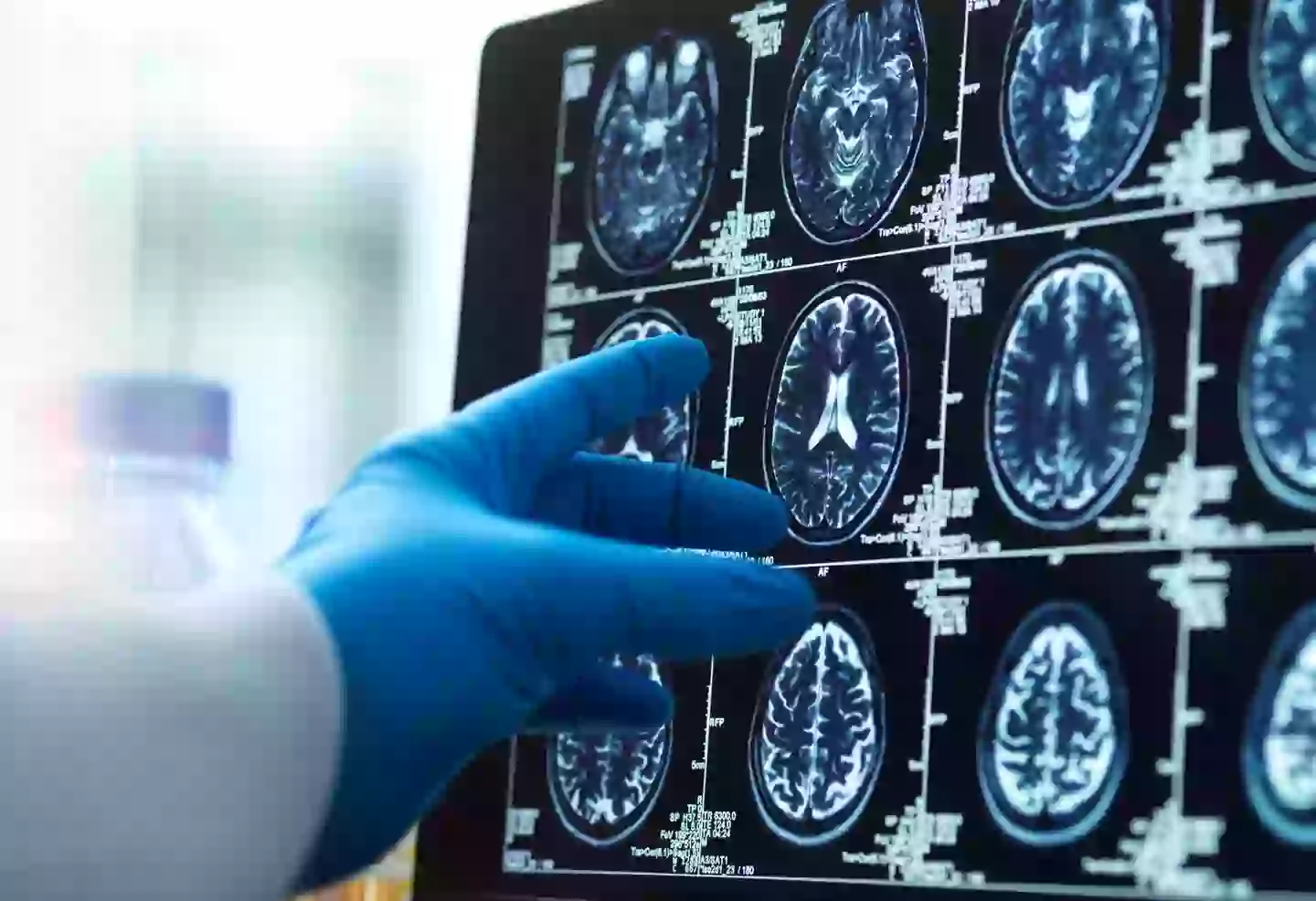
Warning: This article contains discussion of suicide which some readers may find distressing.
The family of NHL player Chris Simon have revealed a sad detail which was discovered posthumously after he died by suicide last year.
Simon was 52 when he was found dead in his hometown of Wawa, Ontario on March 18, 2024, a spokesperson for the NHL confirmed at the time.
Advert
He was a longtime player in the National Hockey League (NHL) and had a 15-year career as an enforcer on the ice.
Beloved by many, his family paid tribute to their ‘gentle, loving man’ while confirming a sad health condition he was diagnosed with after his brain was sent for testing.
Before his death, Simon’s family believed that something was happening to him, as he began to decline.

Advert
They shared that they had previously believed Simon suffered from chronic traumatic encephalopathy (CTE), a ‘brain disorder likely caused by repeated head injuries’, as per the Mayo Clinic.
The website states that the disorder: “Causes the death of nerve cells in the brain, known as degeneration. CTE gets worse over time. The only way to definitively diagnosis CTE is after death during an autopsy of the brain.”
The family shared that they had long believed that Simon had CTE, but without being able to know for sure, it was only after his death that they were able to finally receive confirmation.
The answer was provided this week when the family released Simon's brain tissue analysis with the Concussion Legacy Foundation.
Advert
“Chris was suffering tremendously from CTE,” the family said in a statement.
They added: “We saw him declining but did not know where to turn to for help. Chris’ short term memory issues were ongoing for many years.
“We also learned that he had lost most of his hearing, had daily headaches, light sensitivity, paranoia, was easily frustrated with tasks, had extreme anxiety, difficulty navigating in a vehicle, apathy- lack of feeling and emotion, impulsivity, distancing himself from those who meant the most to him, had executive dysfunction – meaning he couldn’t plan or problem solve and he had suicidal thoughts at times.”
Stating that he had ‘distanced himself from his family and friends the last three years of his life’, Simon’s condition was hard on everyone involved.
Advert

Because of his behavior, they shared that ‘the Chris we knew had been gone for quite some time’ and now, they have come to terms that he may have begun to suffer from CTE in his ‘late 20s to early 30s’.
As per Mayo Clinic’s information, CTE symptoms may appear in two forms.
One between the late 20s and early 30s, which might show mental health and behavioral issues which can include depression, anxiety, impulsive behavior, and aggression.
Advert
Then second form can appear around age 60 which can include memory and thinking problem issues that are likely to progress to dementia.
The brain analysis conducted on Simon was from the UNITE Brain Bank at the Boston University CTE Center, where his brain was donated.
It was there that he was diagnosed with stage three CTE. Currently, there are four stages.

Dr Ann McKee, chief of neuropathology for the VA Boston Healthcare System and also the director of the Boston University CTE Center and UNITE Brain Bank said as per the DailyMail: “Mr. Simon had severe CTE pathology in areas of the brain involved with cognition and mood regulation, and it is likely CTE contributed to his memory problems, depression, and apathy.”
The Center also conducted a study which found that amateur athletes that died before 30 comprised 71.4 per cent of those diagnosed with CTE.
Through his struggles at the end of his life, his family remember the good times.
They shared that before they ‘lost’ him to CTE, he was ‘a very gentle, loving man whose family meant the world to him’.
As for other hockey players who have also been diagnosed with CTE after death, the list includes Bobby Hull, Ralph Backstrom, Stan Mikita, Bob Probert, and Derek Boogaard.
If you or someone you know is struggling or in a mental health crisis, help is available through Mental Health America. Call or text 988 or chat 988lifeline.org. You can also reach the Crisis Text Line by texting MHA to 741741.
Topics: Mental Health, Health, Sport, Canada
